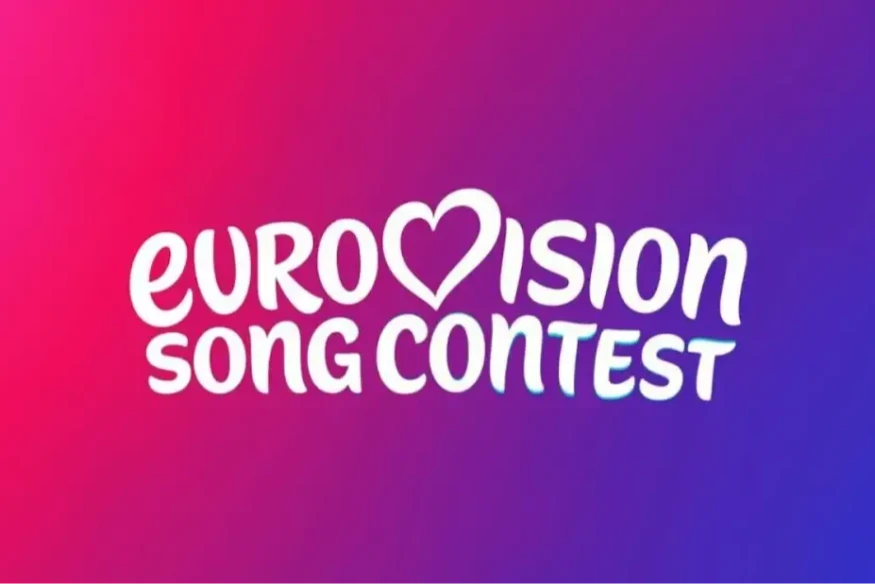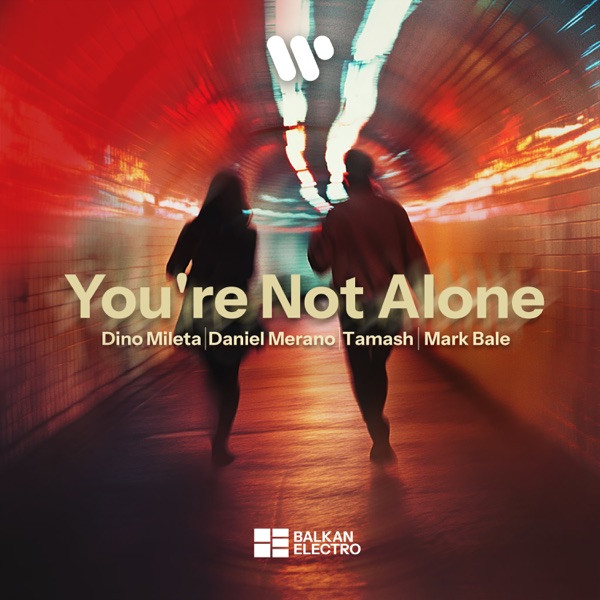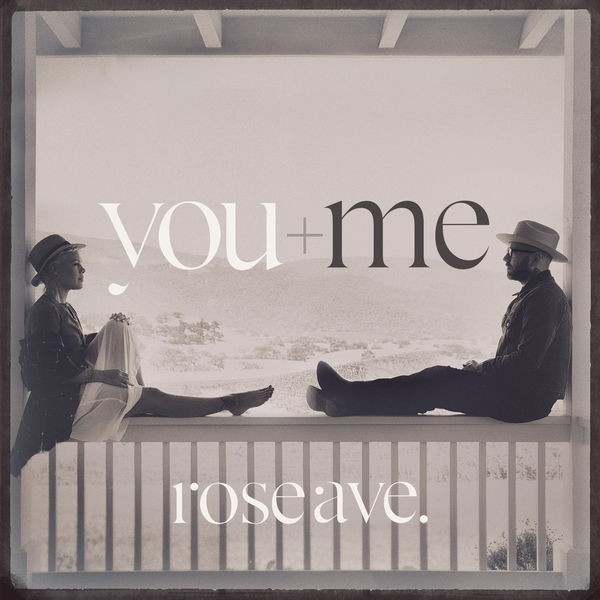
Spain announces it will boycott Eurovision 2026 if Israel competes, becoming the first Big Five country to take a stand. Here’s why this decision could reshape the contest’s 70th anniversary
Spain has just sent shockwaves through the Eurovision world. The country officially announced that it will boycott Eurovision 2026 if Israel takes part, making Spain the first of the Big Five nations to threaten pulling out of the contest. The bold move has left fans stunned, organizers scrambling, and the 70th anniversary of the beloved event clouded with controversy.
Eurovision is supposed to be Europe’s biggest party — colorful, over-the-top, and filled with unity. But this year, the glitter has been replaced by drama. Spain’s public broadcaster RTVE, led by president José Pablo López, declared that recent developments couldn’t be ignored. His statement came right after a United Nations report accused Israel of genocide in Gaza, allegations Israel strongly denies. The timing made Spain’s stance even more powerful: music may be a celebration, but it can’t erase reality.
For context, the Big Five are Spain, France, Germany, Italy, and the United Kingdom. These five countries automatically qualify for the Eurovision final each year because they are the contest’s biggest financial backers. If Spain actually follows through with its boycott, it would be the first time the nation skips Eurovision since 1961, when it first joined. The absence of one of the contest’s pillars would be not just symbolic but a direct blow to both its image and finances.
Reactions were immediate and fierce. On TikTok, fans launched a #BoycottEurovision trend, posting videos in support of Spain’s decision. On Twitter (X), some praised Spain for finally “saying out loud what others won’t,” while others argued that Eurovision should remain separate from politics. The fan base is split, but one thing is clear: Spain’s announcement has already changed the narrative around Eurovision 2026.
Of course, politics have always been part of Eurovision, no matter how hard organizers deny it. Voting often reflects alliances, rivalries, and geopolitics. Past controversies are proof: Russia was banned in 2022 after the invasion of Ukraine. In 2024, Ireland was pressured to tone down pro-Palestinian messages in its performance. And in 2025, Israel not only competed but finished second with Yuval Raphael, sparking outrage across several countries.
Spain isn’t standing alone either. Ireland, the Netherlands, and Slovenia have also announced they would boycott if Israel remains in the lineup. Over 70 former Eurovision contestants have signed an open letter demanding Israel’s exclusion, and even last year’s winner JJ has publicly called a boycott “the only option.” This mounting pressure is creating a crisis that the European Broadcasting Union (EBU) may not be able to escape without major consequences.
The political weight behind Spain’s stance is also undeniable. Prime Minister Pedro Sánchez himself hinted months ago at the possibility of excluding Israel, pointing to Russia’s immediate ban in 2022. “We cannot have double standards,” he said. That statement set the tone for Spain’s position and made it the first major country to take such a firm stand.
The EBU, for now, is keeping quiet. The matter is scheduled to be debated in December during the annual member meeting in London, but Spain is demanding a decision much sooner. And the timing couldn’t be more sensitive: Eurovision 2026 is meant to celebrate the 70th anniversary of the contest. What should have been a festive milestone is already turning into one of the biggest scandals in Eurovision history.
The potential absence of Spain isn’t just about politics. It’s about tradition. Since 1961, Spain has competed every single year, contributing unforgettable songs and iconic moments. If it withdraws, Eurovision will feel incomplete, as though a piece of its identity is missing.
Meanwhile, the other Big Five countries are keeping their cards close. France, Italy, and Germany remain silent, while the BBC simply stated that “Eurovision is not political.” But if even one of them joins Spain, a domino effect could unravel the very foundation of the contest.
Right now, the buzz around Eurovision 2026 isn’t about staging, songs, or dramatic performances. It’s about who will take the stage — and who will refuse to. And maybe that’s the most telling sign of all: no matter how hard Eurovision tries to present itself as an apolitical music celebration, it has always been — and will always be — political at its core.







